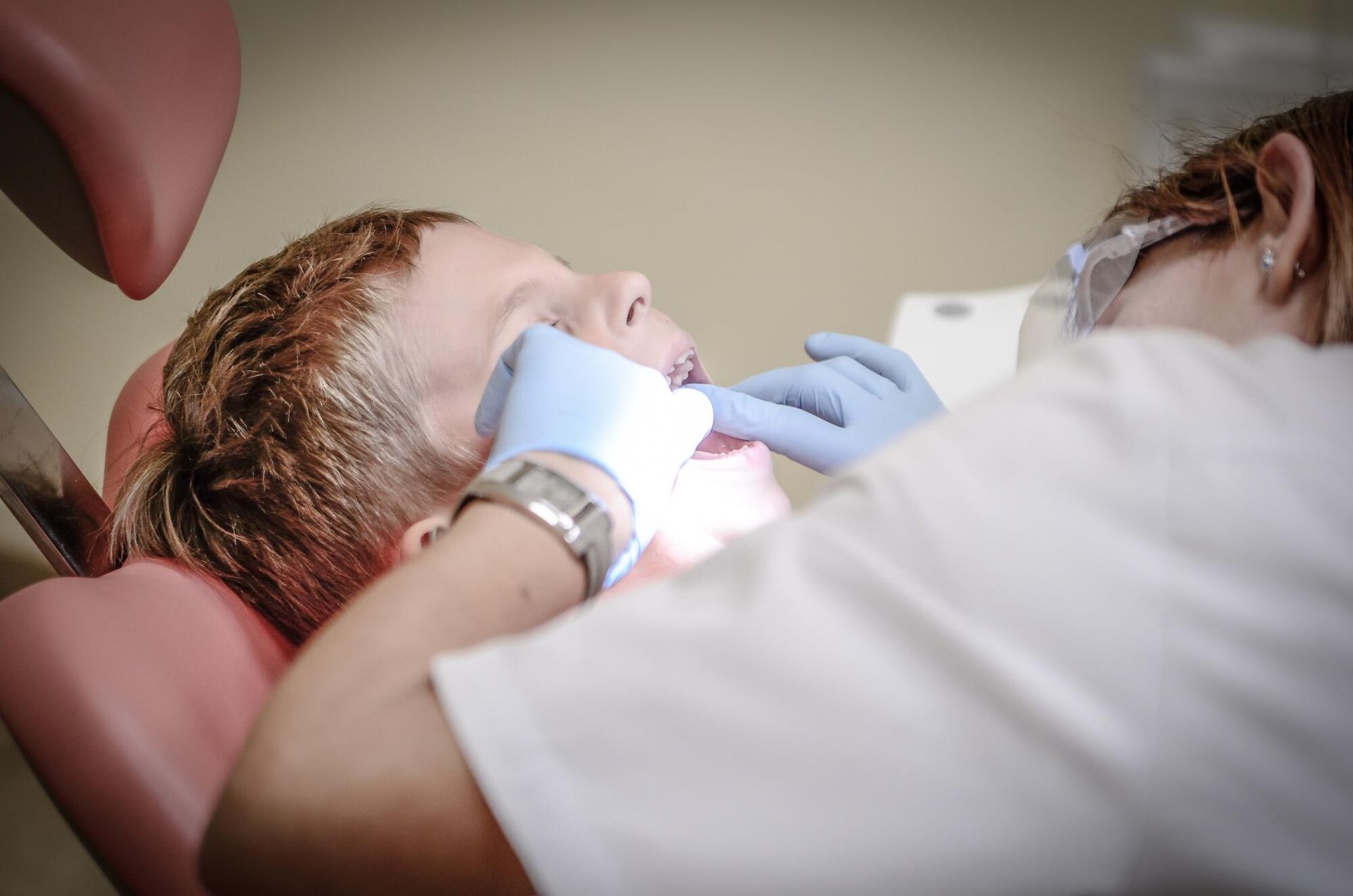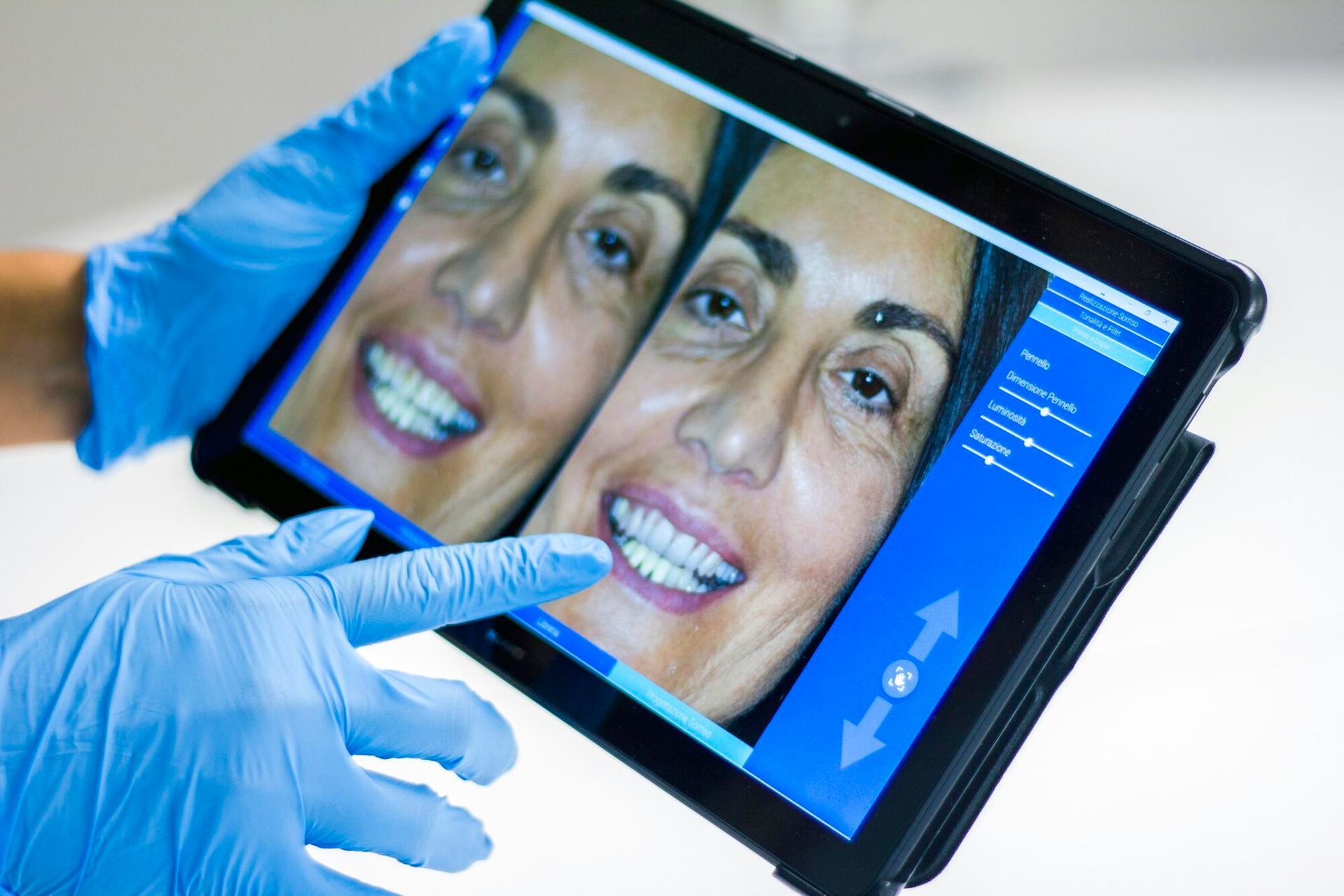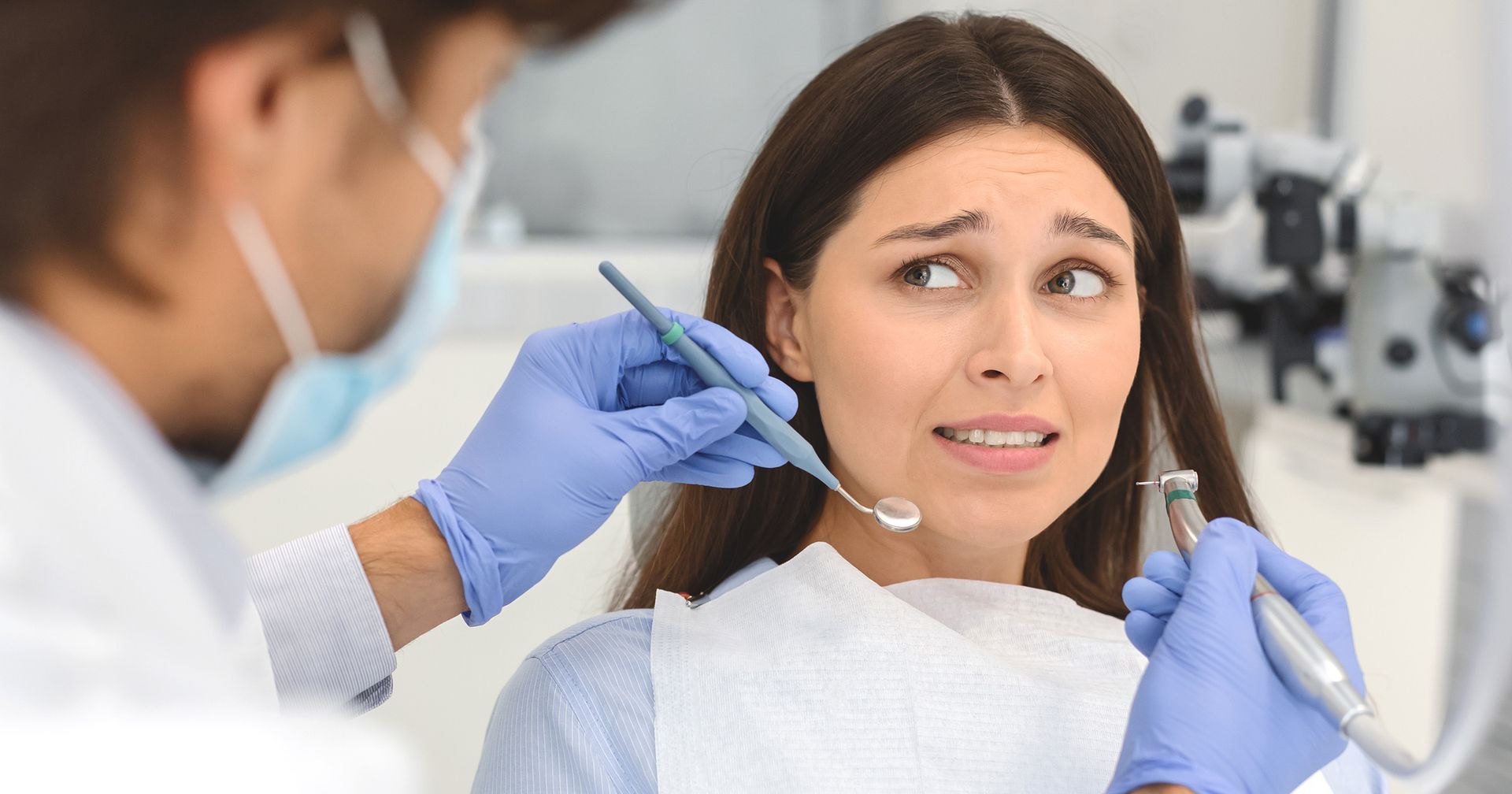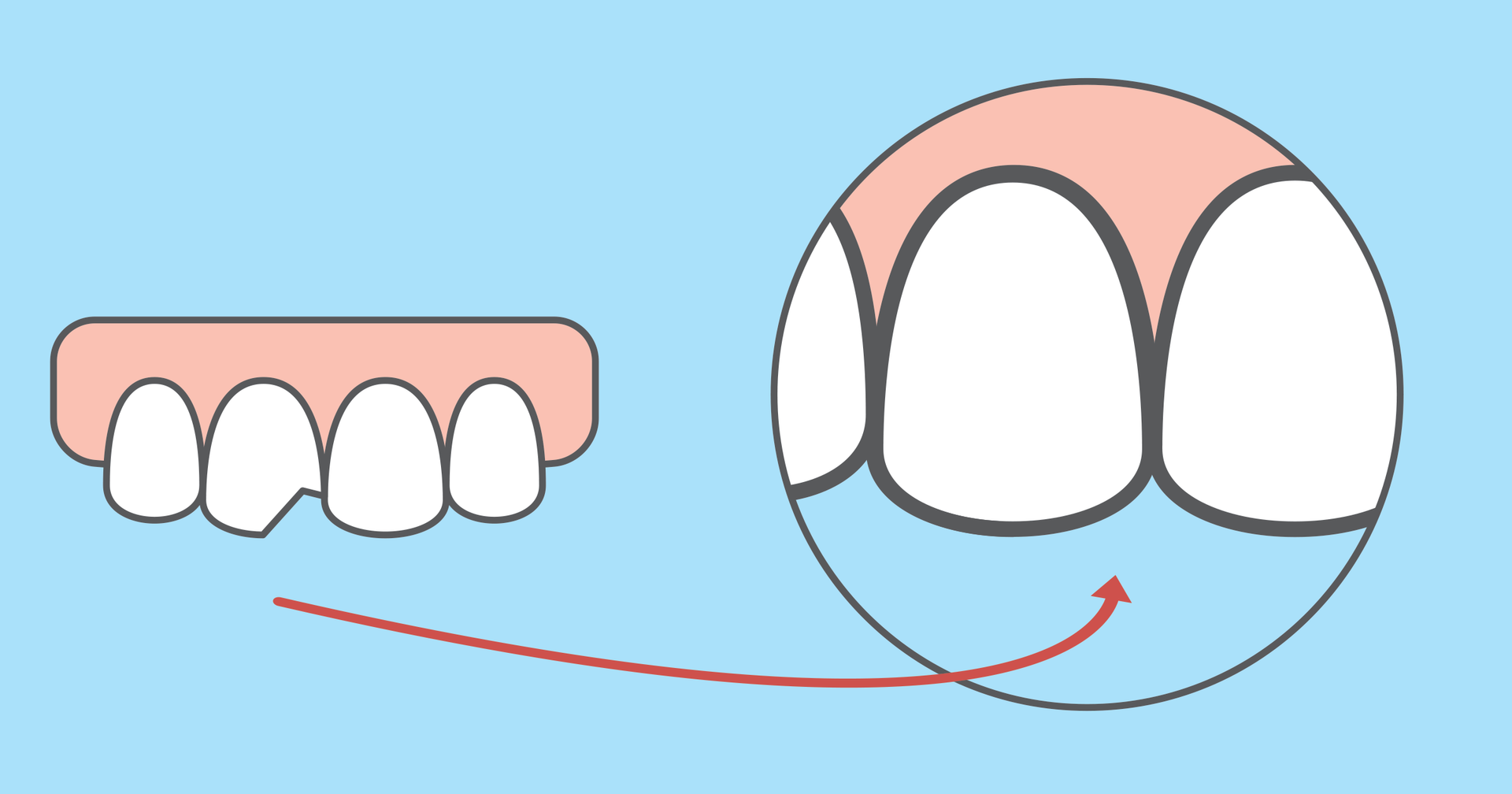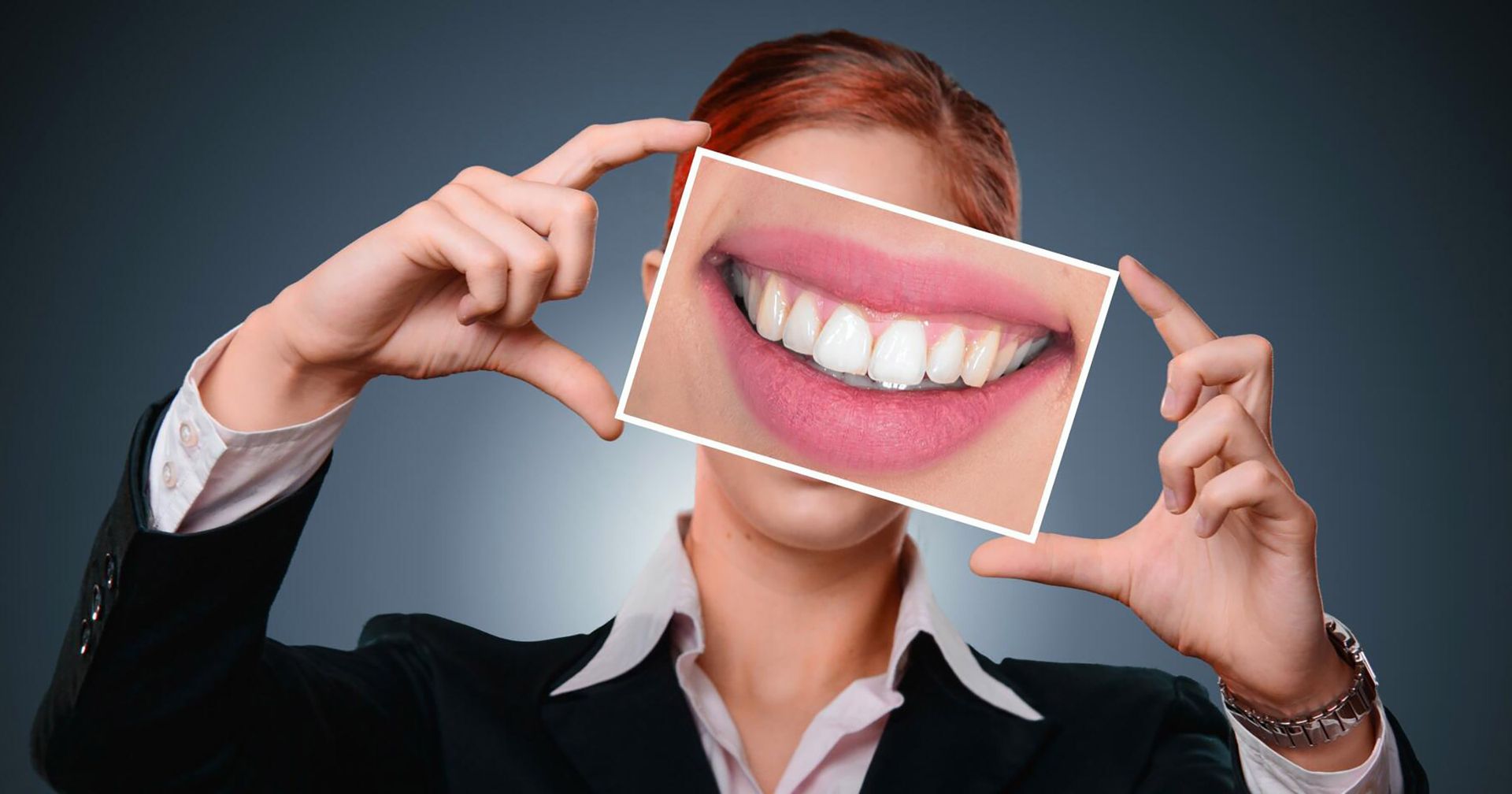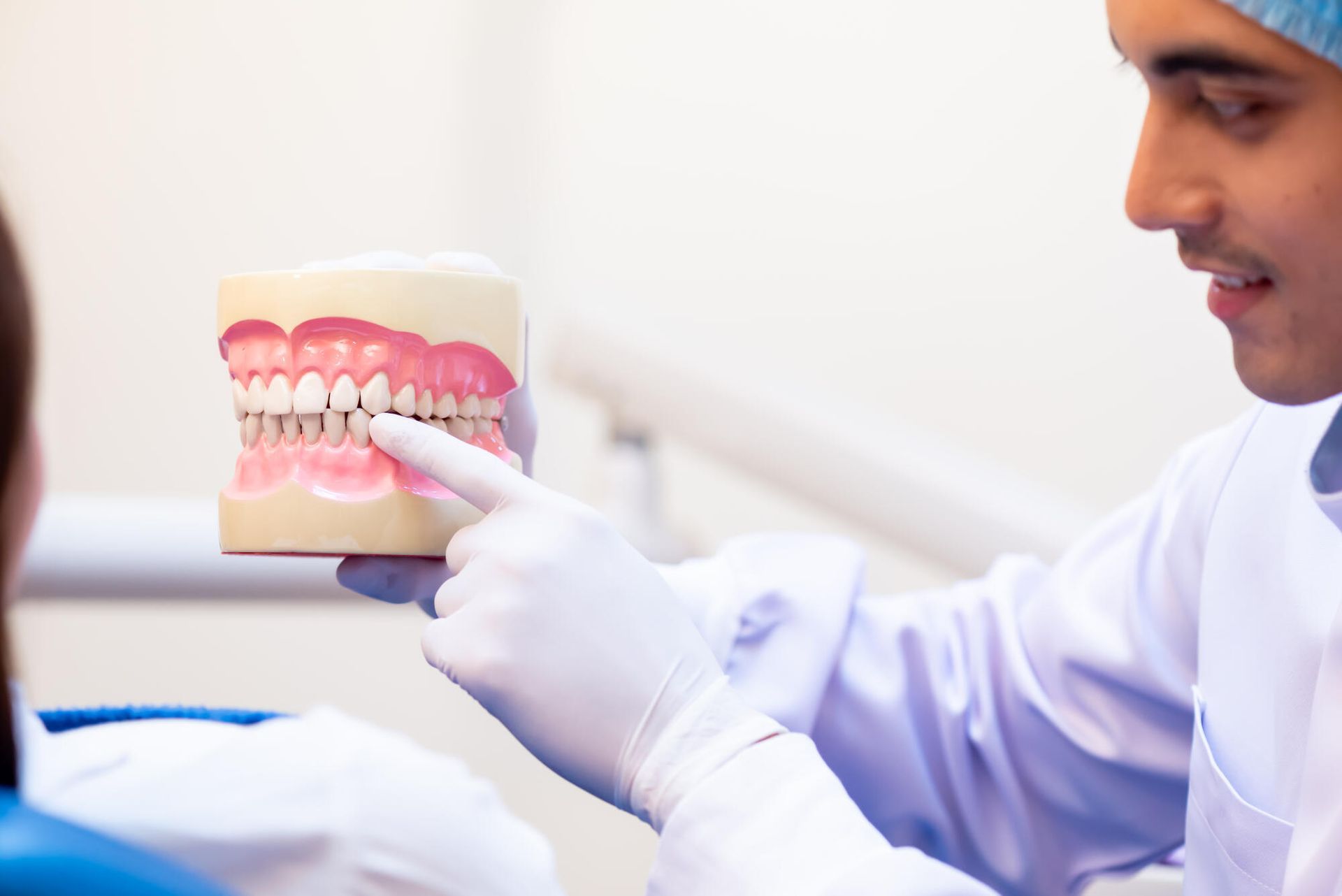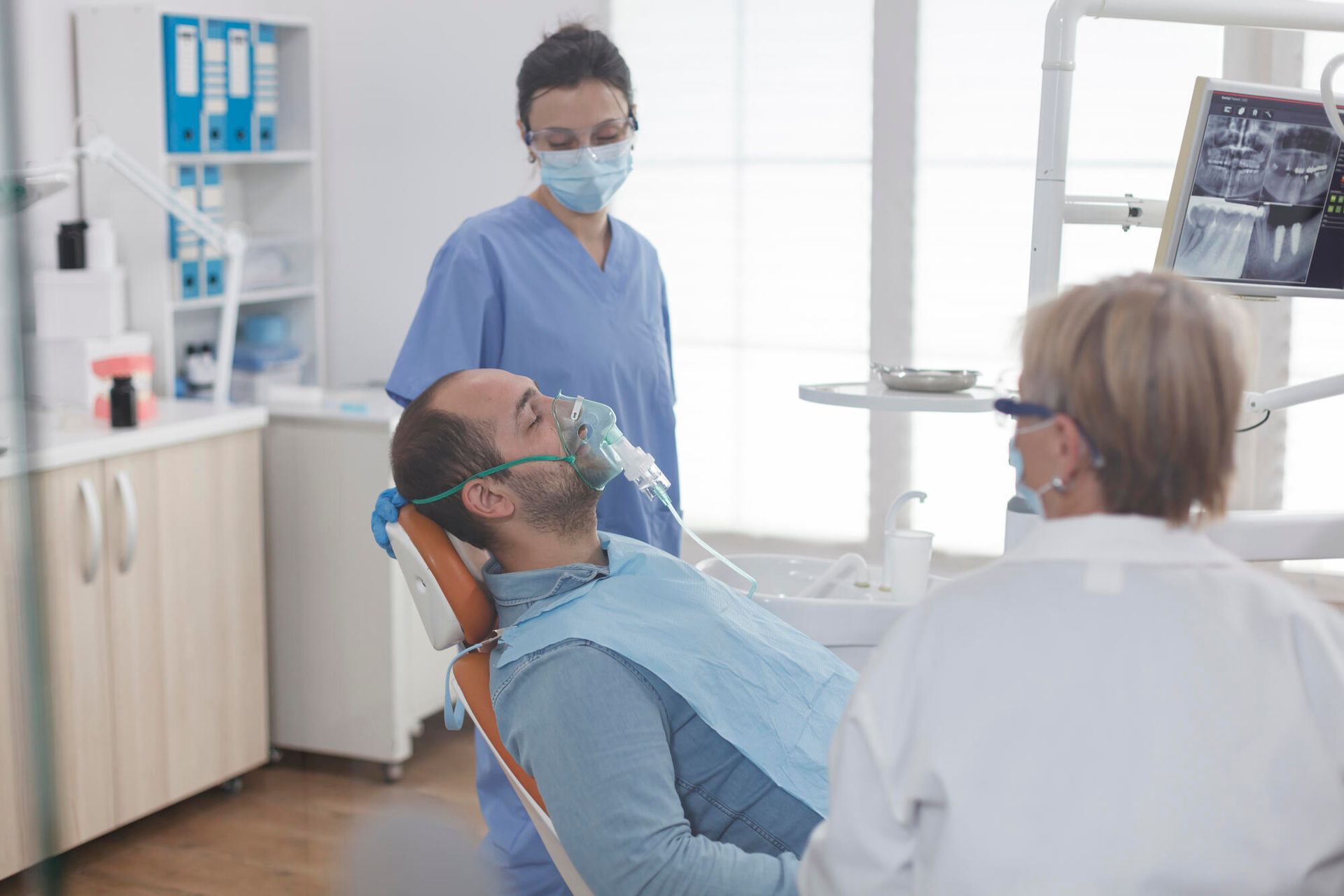Early Signs of Gum Disease: When to See a Periodontist
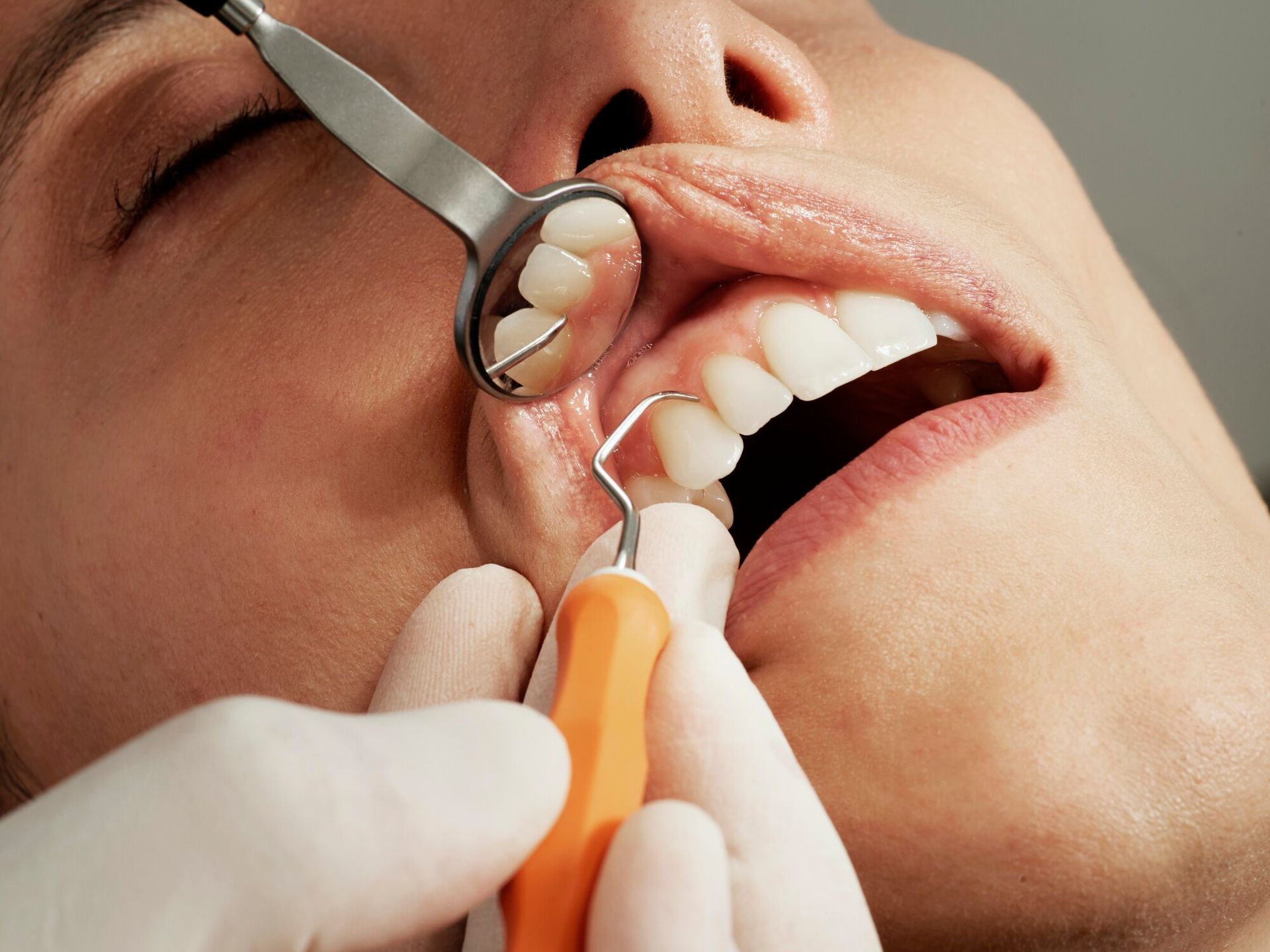
Are you wondering when to see a periodontist or dentist in Locust Grove, OK? Read here to find out about the early signs of gum disease to watch out for.
Gum disease is an epidemic in American dental health, affecting almost half of adults. It's all too common for oral health to take a backseat amidst the hustle and bustle of daily life. Unfortunately, that means that many of us don't realize we need help until it's too late.
Our mouths are a gateway to our overall health. Periodontal disease could lead to a host of other problems, such as respiratory and heart disease. Prevention is better than the cure, but it helps to know what to look out for.
Our dentist in Locust Grove, OK, breaks down the early signs of gum disease. Read on to find out how to prevent gum disease and when you should seek professional help.
Tender and Swollen Gums
The first stage of gum disease is gingivitis. This happens when there's too much bacteria along the gumline. Plaque and tartar build-up along the base of your teeth can irritate the gums.
If left alone, it leads to inflammation or swollen gums. In some cases, it could also result in a weakened tooth enamel. The good news is that gingivitis is mild and usually reversible.
Improvements in your oral hygiene can help prevent the onset of severe gum disease. It's also a good idea to see your dentist for regular cleanings. Plaque can still hide in our mouths, even if we take good care of our teeth.
Given enough time, it hardens into tartar, which is much more difficult to remove. Regular dental cleanings help keep your teeth healthy and your smile looking great.
Bleeding Gums After Brushing or Flossing
Severe inflammation of the gums is usually accompanied by bleeding. This usually happens when brushing your teeth or after flossing. In more severe cases, you may experience bleeding after eating.
Bleeding gums could happen due to a variety of reasons, but it's best to start with a periodontist appointment. Bleeding is an indication of advanced gum disease. If that isn't the problem, you may have other health issues, like anemia, leukemia, or liver disease.
A poor diet can also result in irritated and bleeding gums. You may also be brushing your teeth too harshly.
Remember that brushing harder doesn't mean you're cleaning better. Revisit your technique and switch to a soft-bristled toothbrush to prevent damaging your gums.
Bad Breath That Won't Go Away
Morning breath is a natural experience, so don't feel ashamed if your breath smells a little funky in the morning. Saliva is your mouth's natural cleaner. During the day, your mouth produces enough saliva to break down food particles.
When you're asleep, your body slows down the production of saliva. This, in turn, allows bacteria to proliferate. A quick brush and wash will usually get rid of the problem.
However, if you have bad breath that won't go away even after brushing, it could be a sign to schedule a visit with your dentist. Also known as halitosis, persistent bad breath is an early indicator of periodontitis. In some cases, it can also leave a weird taste in your mouth.
Receding Gums
Gum recession happens with age, but it can also occur with advanced periodontitis. When left alone, the inflammation along your gumline develops into an infection. As it progresses, it causes you to lose tissue and bone around your teeth.
Gum recession could also cause other symptoms, such as:
Sensitive Teeth
Tooth sensitivity is never a good sign. If you feel pain or tenderness when eating hot or cold foods, it could mean that the disease has reached the enamel. Other dental problems, such as cavities, are also more likely to occur.
Tooth sensitivity can also occur when your gums have receded to the point of exposing the tooth roots. This results in pain when you eat something too hot or cold or even too tough for your teeth.
It's best not to ignore this type of discomfort. Advanced periodontitis and dental caries can both result in irreversible damage. A dentist can help identify the problem and start a treatment plan.
Loose Teeth
Gum recession can cause changes in your bite. Gum recession deepens the spaces between your teeth. This causes your teeth to shift and even feel loose.
If your teeth look longer or feel different, book an appointment with a periodontist immediately. Loose teeth are also a sign of bone loss, which is something you never want to ignore. If left untreated, it may even result in tooth loss.
Gum disease is the leading cause of tooth loss in adults. Your dentist can help identify the problem and provide an effective solution.
Preventing Gum Disease
Gum disease is a painful experience that no one should ever have to go through. Fortunately, with some proper dental habits, you can prevent the onset of periodontitis.
Proper oral hygiene is paramount for a healthy mouth. Aside from observing the proper brushing techniques, you must also floss at least once daily. This enables you to get rid of plaque and food debris hiding in the nooks and crannies of your teeth.
Invest in a fluoride toothpaste and a therapeutic mouthwash. Fluoride is a crucial ingredient in preventing dental carries and gum disease. You should also see your dentist regularly for professional cleaning.
If you smoke, it's best to quit while you're ahead. Smoking is a huge risk factor for gum disease. Because it weakens your immune system, it makes it harder for your gums to heal and fight off an infection.
Visit Our Dentist in Locust Grove, OK
Gum disease is a serious affliction that can result in permanent damage and tooth loss. If you notice these signs, it's best to consult with a gum specialist immediately. Early detection is crucial to start treatment that could save your smile.
If you want to start gum disease treatment, visit our dentist in Locust Grove, OK. We ensure that our patients get the quality treatment they need and deserve. Dental Arts operates in Locust Grove, Bixby, and Catoosa.
Book your appointment with us online or visit one of our locations today.
